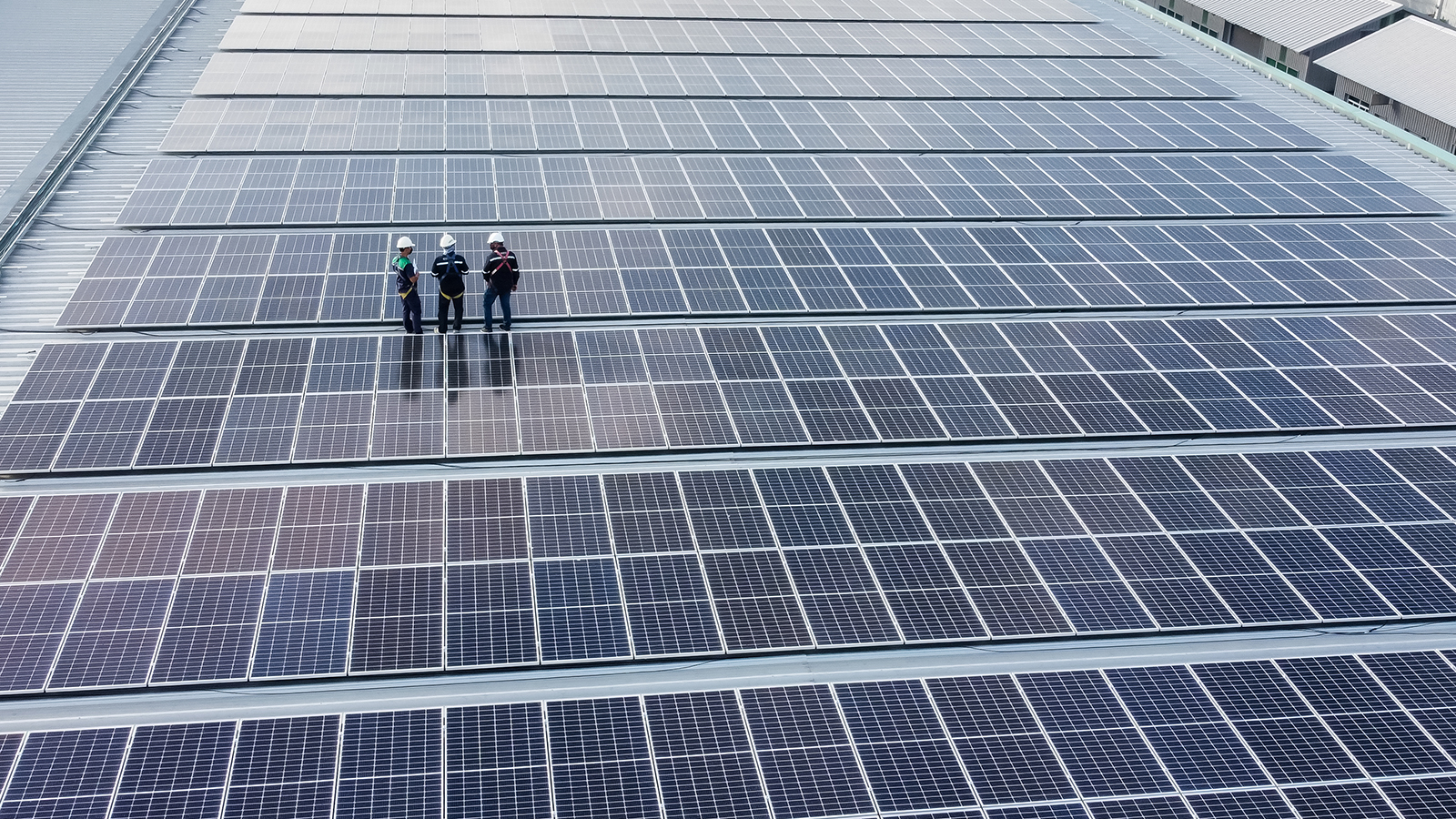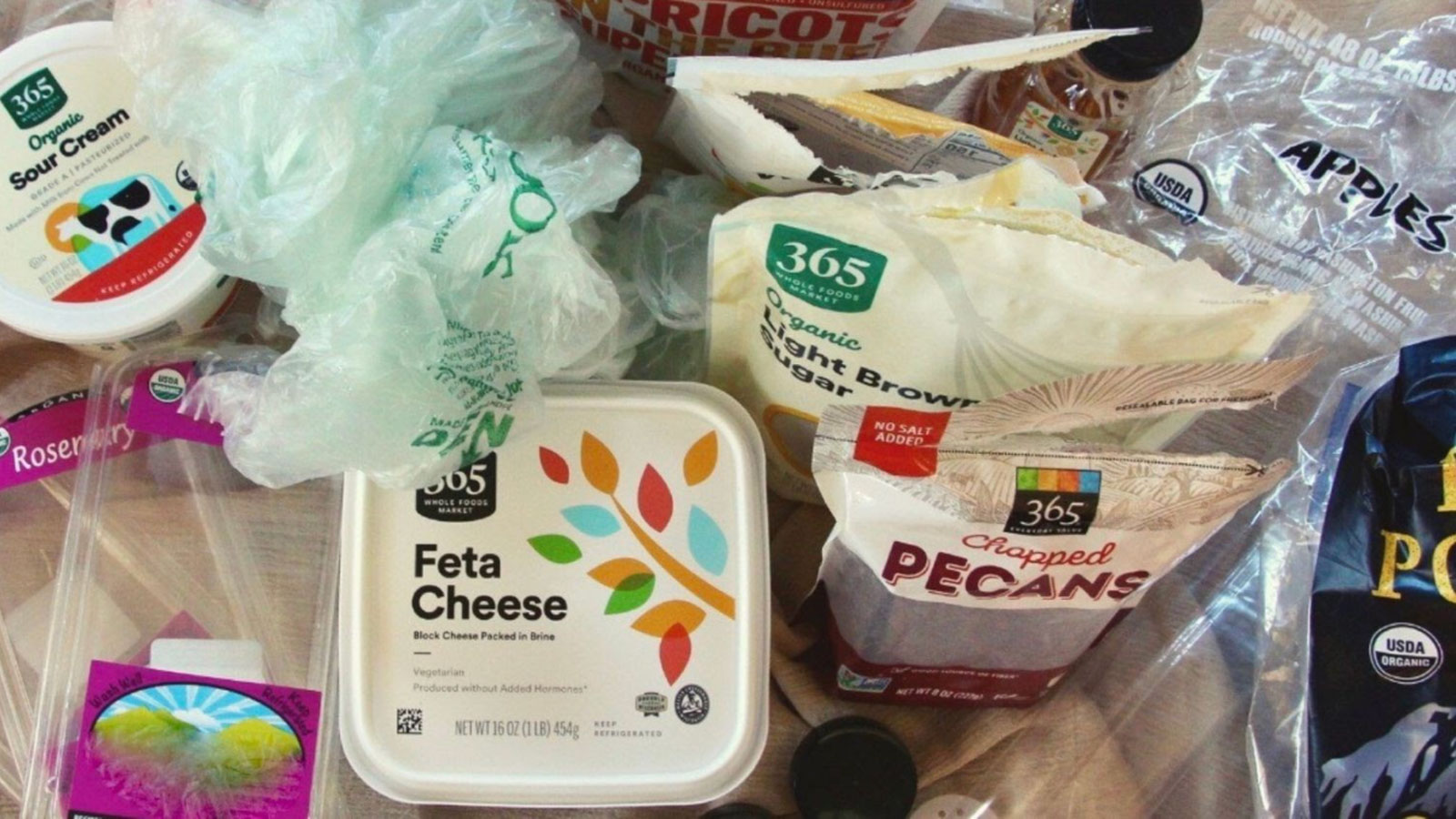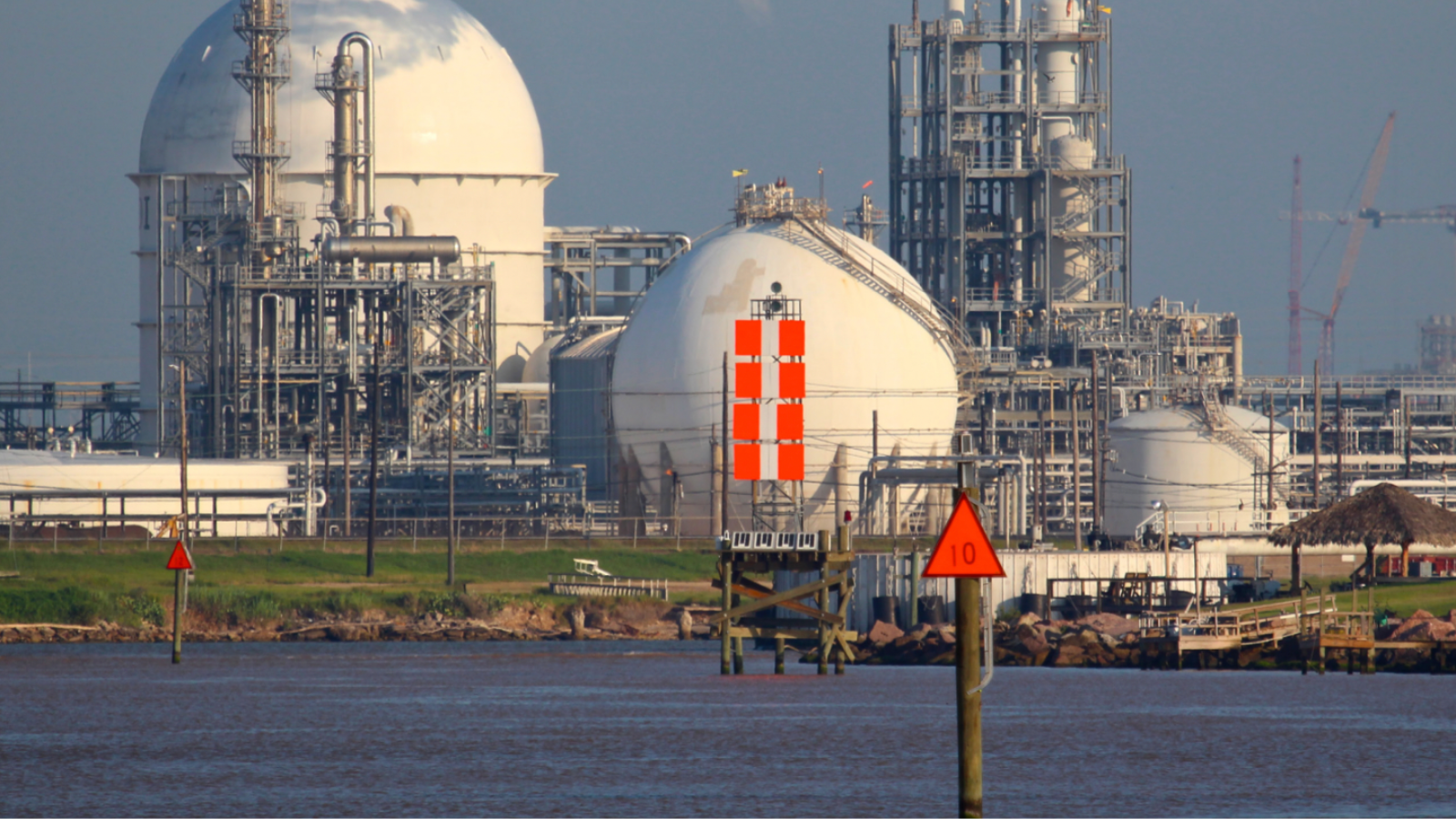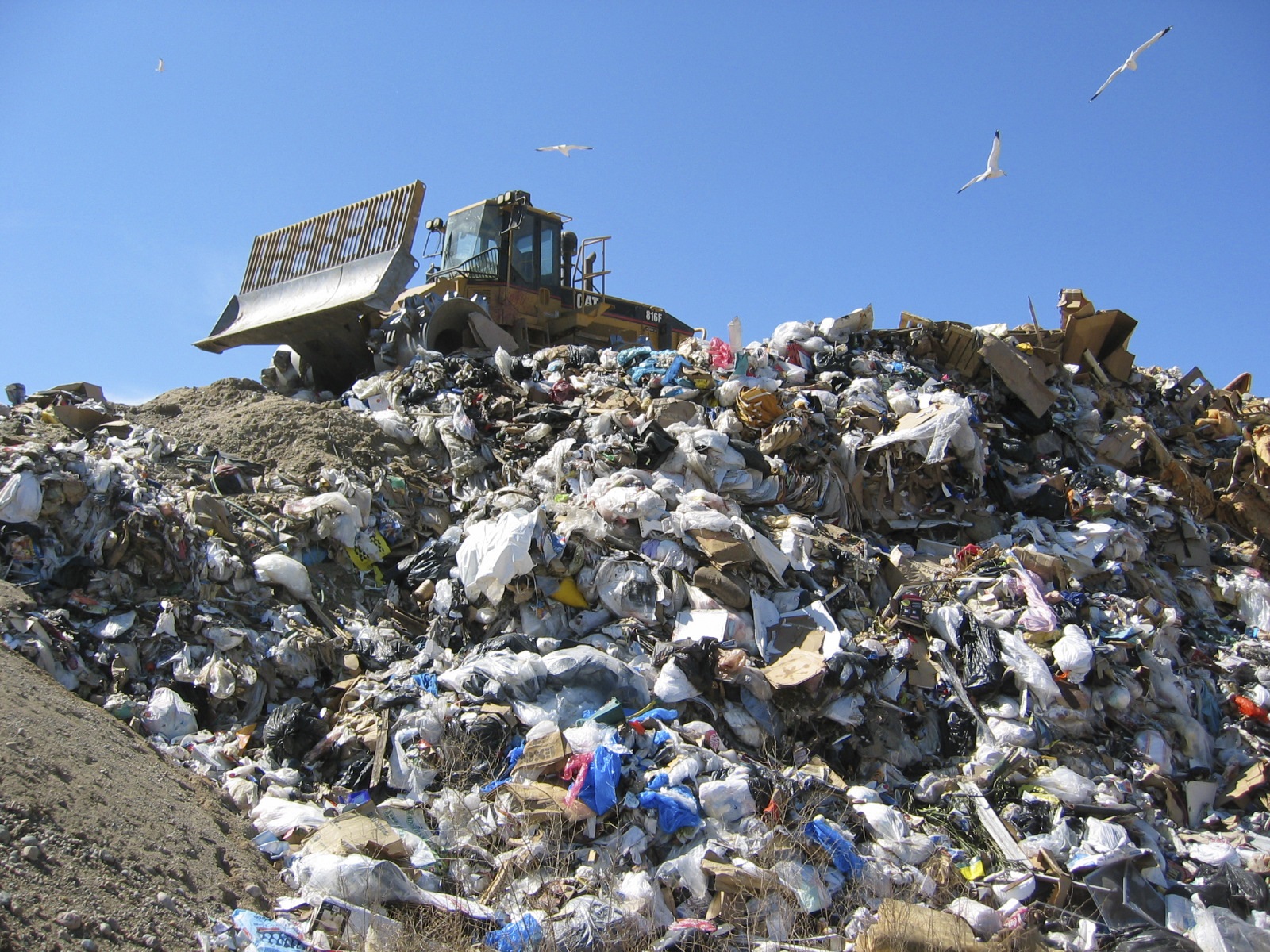
The Threat of “Forever Chemicals”
Per- and polyfluoroalkyl substances, more commonly known as PFAS, are dangerous for public health. Because these “forever chemicals” are nearly indestructible, PFAS build up in the bodies of humans over time and persist in the environment. PFAS can cause kidney cancer, thyroid disruption, reduced responses to vaccination, and other health problems.








